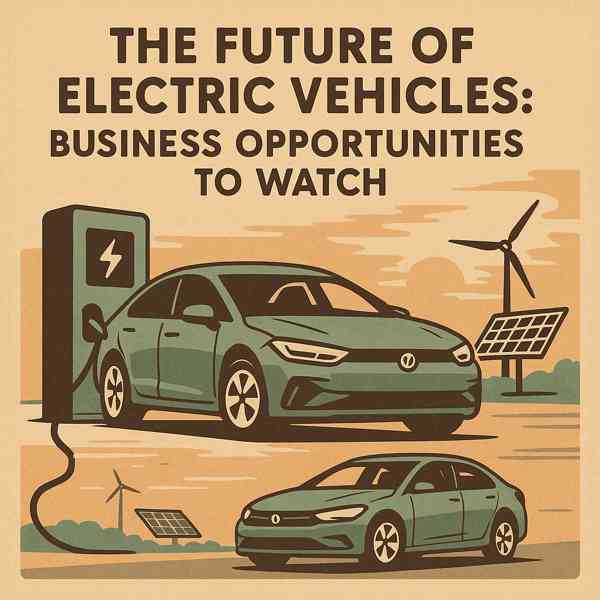Exploring Electric Vehicles: Benefits, Challenges, and Innovations
Exploring Electric Vehicles: Benefits, Challenges, and Innovations
Blog Article

Electric vehicles (EVs) are transforming the way we think about transportation.
As battery technology improves and infrastructure expands, owning an electric vehicle has never been more accessible.
Understanding EVs
Electric vehicles are powered entirely by stored electricity, rather than traditional internal combustion engines.
Main elements of an electric vehicle:
- Electric motor
- Battery pack
- Controls efficiency and output
- Connects to home or public chargers
Electric vehicles come in various types, such as hybrid electric vehicles (HEVs)—each with different levels of electrification.
Why Choose an EV?
Whether you're looking to save money or reduce emissions, EVs offer a compelling option.
Why EVs are gaining popularity:
- Lower operating costs
- Helps fight climate change
- Less noise and vibration
- Government incentives and tax credits
For eco-conscious and cost-aware drivers, electric vehicles are an increasingly smart choice.
What to Know Before Buying an EV
Understanding the limitations of electric vehicles will help you make an informed decision.
Common concerns include:
- May require more frequent charging
- Not all areas have adequate public chargers
- Higher initial cost
- Replacement can be costly without warranty
As technology advances and infrastructure improves, many of these challenges are becoming easier to manage.
Types of Electric Vehicles
Not all electric vehicles are the same.
Categories of electric vehicles:
- Run only on electricity
- Electric motor with backup gasoline engine
- Hybrid Electric Vehicles (HEVs)
- Use hydrogen to generate electricity
Each type has its pros and cons, so buyers should evaluate their needs.
How to Charge Your EV
Charging an electric vehicle is part of everyday ownership once you understand your options.
How EVs get recharged:
- Level 1 Charging
- 240V outlet at home or public stations
- Can charge 80% in under an hour
- Wireless or inductive charging (emerging tech)
As public charging networks expand, EV more info owners will enjoy even more support and reliability.
The Future of Electric Vehicles
Electric vehicles are here to stay.
Trends shaping the future include:
- Solid-state battery technology
- Using EVs to support the power grid
- The future of hands-free travel
- Expansion of affordable EV models
As innovation continues, EVs will become more mainstream and essential.
Final Thoughts on Electric Vehicles
Electric vehicles represent a major shift in how we think about transportation.
From environmental benefits to cutting-edge tech, electric vehicles offer a powerful alternative to traditional cars.
Report this page